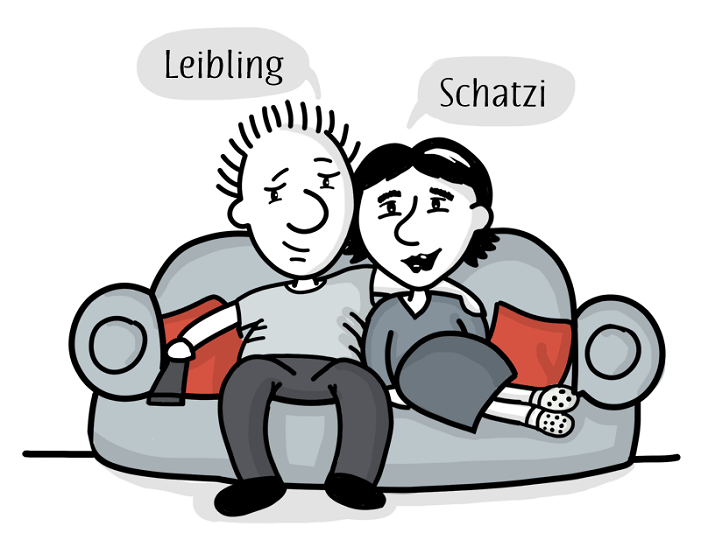German is a rich and diverse language, and just like any other language, it has its own set of slang terms and expressions that might not be immediately obvious to non-native speakers. Today, we’re diving into some common German slang to help you understand these colorful expressions and add a bit of local flavor to your German conversations.
.
What is German Slang?
German slang (or Umgangssprache) consists of informal words and phrases used in everyday conversation. These terms often evolve quickly and can vary widely between different regions and social groups in Germany, Austria, and Switzerland. Slang can be playful, rebellious, or just a way to keep conversations lively and engaging.
Popular German Slang Terms
Here are some popular German slang expressions that you might find useful:
- “Alter”
- Meaning: This term is akin to “dude” or “mate” in English. It’s used to address friends and can be either a term of endearment or an expression of surprise, depending on the context.
- Example: “Ey, Alter, was geht?” (Hey, dude, what’s up?)
- “Geil”
- Meaning: Literally translating to “horny,” in slang, it means “awesome” or “cool.” It’s a versatile term used to express enthusiasm about something.
- Example: “Das Konzert war echt geil!” (The concert was really awesome!)
- “Krass”
- Meaning: This word is used to describe something that is extreme or intense. It can be positive or negative, depending on the context.
- Example: “Das war echt krass!” (That was really intense!)
- “Läuft”
- Meaning: This term means “it’s going well” or “it’s running smoothly.” It’s often used to describe a situation that’s going well.
- Example: “Wie läuft’s bei dir?” (How’s it going for you?) “Läuft gut!” (It’s going well!)
- “Zocken”
- Meaning: This is the German slang for “gaming” or “playing video games.” It’s used casually among gamers.
- Example: “Wollen wir heute Abend zocken?” (Do you want to game tonight?)
- “Abhängen”
- Meaning: To “chill” or “hang out.” It’s used when referring to spending time with friends or relaxing.
- Example: “Lass uns heute Abend abhängen.” (Let’s hang out tonight.)
Regional Variations
German slang can vary significantly from region to region. For example, slang used in Berlin might be quite different from that used in Munich or Hamburg. It’s always a good idea to be aware of regional differences to avoid misunderstandings.
- Berlin: In Berlin, you might hear more street slang and phrases unique to the city’s vibrant culture.
- Bavaria: In Munich and other Bavarian cities, local dialects and expressions might blend with German slang.
The Role of Slang in German Culture
Slang plays a significant role in German culture as it reflects the social dynamics, trends, and attitudes of different groups. It can create a sense of belonging and identity among people who use it regularly. Understanding and using slang can help you connect with native speakers on a more personal level.
Conclusion
German slang adds a layer of authenticity and fun to the language. By familiarizing yourself with these expressions, you’ll not only improve your German but also gain insights into contemporary German culture. Whether you’re traveling to Germany or chatting with German-speaking friends, knowing a few slang terms can make your interactions more enjoyable and relatable.

